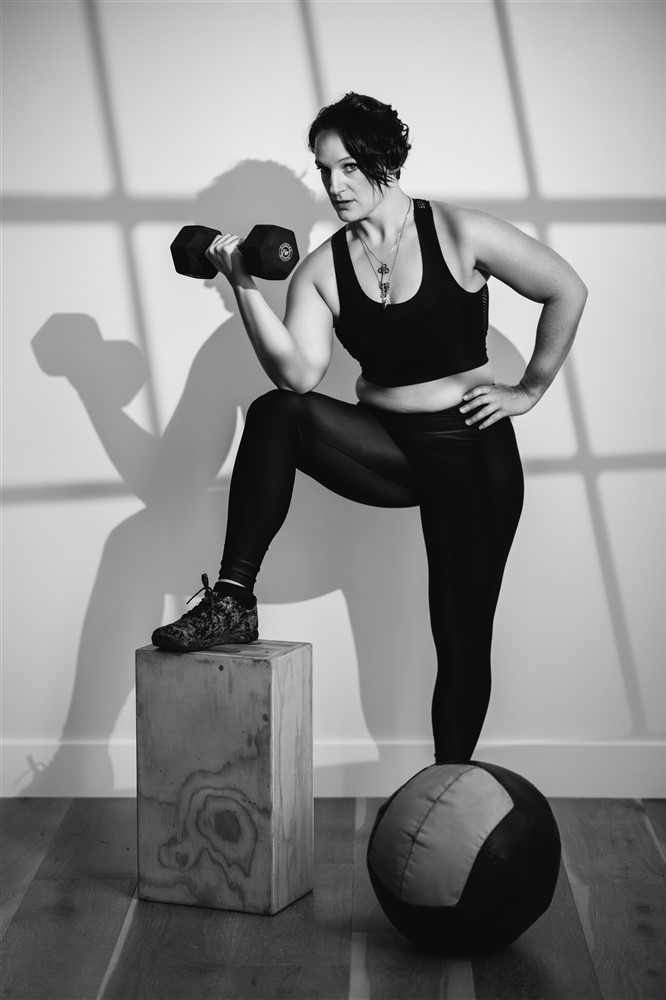We recently connected with Nichole Parmley and have shared our conversation below.
Hi Nichole, thanks for joining us today. Was there a moment in your career that meaningfully altered your trajectory? If so, we’d love to hear the backstory.
As a fitness professional, it is easy to get caught up in the science of physical adaptation. Your clients tell you they want to get stronger, you write them a resistance training program, usually that involves the gym. You think everything is going along fine and then BAM, all of a sudden, they stop checking in, they start missing workouts, and before you know it, they’re gone. So what happened? As a trainer that’s always the big question. How do we meet the needs of our clients and what are those needs? So often, they aren’t what we, or even they, think they are.
“I, I just don’t feel like I belong here,” Susan said, tugging at the athletic wear she’d probably spent a good deal of money on, hoping it would give her the confidence she’d lacked for the last 20 years. Unsurprisingly, it hadn’t. I nodded, patted her knee and said, “I completely understand. They gym is an intimidating space. I tell you what, I can also do house calls if you have the space and are willing to buy some equipment.” She brightened up. “Really?! That’s amazing! I, I mean, I know I’ll have to get into the gym eventually if I want to get strong, but, I just, I’m so uncomfortable. It’d be really nice just to gradually work my way in.” And there it was. The answer to why so many clients struggle to work out without their trainer.
I had seen it in female client after female client. They are so excited to get strong and healthy but, no matter how much assurance I gave them, they always looked uncomfortable at the gym, often mentioning how they felt fat that day or how they needed new clothes but it was Susan who finally drove home the point and it’s why I’ve developed the groundbreaking program I have. Even the most gung-ho women will fail to create a sustainable fitness program for her life if she feels uncomfortable with the movements or the environment. The solution: take it gradually. Start with movements and frequencies they are comfortable with, take time introducing them to the gym, and make mindset work an integral part of their experience so they’re ready for the thought challenges coming their way. That’s what creates sustainable fitness and sustainable fitness is what changes lives.

Nichole, love having you share your insights with us. Before we ask you more questions, maybe you can take a moment to introduce yourself to our readers who might have missed our earlier conversations?
I got into fitness a decade ago. I had just had my second baby, was overweight, and suffering from post-partum depression. I started my fitness journey with yoga and barre, moved into HIIT, and then found and fell in love with CrossFit and Olympic Lifting. About 5 years ago, I decided I wanted to give to other women what I had discovered for myself and certified in CrossFit, Olympic Lifting, Spin, Precision Nutrition, and with the National Strength and Conditioning Association. I also hold a Life Coaching certification and am currently working on my 200 hour Yoga Teacher Training. I take what I do seriously and I know A LOT.
I offer online fitness programs which range from beginning to intermediate athletes but what really sets me apart is the Hygeia New Movers Program. This is a special program that is offered for women who are new to fitness, want to get strong, but are bogged down by doubt, fear, past failures, and the completely common and normal fear of the gym. In this program we work together to build sustainable movement habits. We start very easy, choosing movements and frequencies you know you will 100% succeed in finishing. During this time, we are also working on mindset issues that are notorious for derailing fitness goals. Things like how to set YOUR goals (instead of the ones society wants you to set), setting and holding boundaries, perfectionism, body acceptance, how and why you should reject diet culture, and how to choose thoughts that serve you and discard those that don’t. Every single one of those things will come up and threaten your fitness journey. I help you notice them, acknowledge them, and give you tools to overcome them.
In addition to the thoughtwork, we also track biometric data that gives us insights as to where your health really and truly is, what kind of behaviors affect it positively (or negatively), and look for progress in essential biomarkers like resting heart rate, heart rate variability, and recovery scores. I do not weigh or measure my clients. I do not take before and after photos. The whole point, the whole goal of this program is to establish habits. That is the success! It helps you estabilish a relationship of trust with YOURSELF. If, after 6 months with me clients have found a gym they like and they are happily going there at least three times a week, I have done my job.
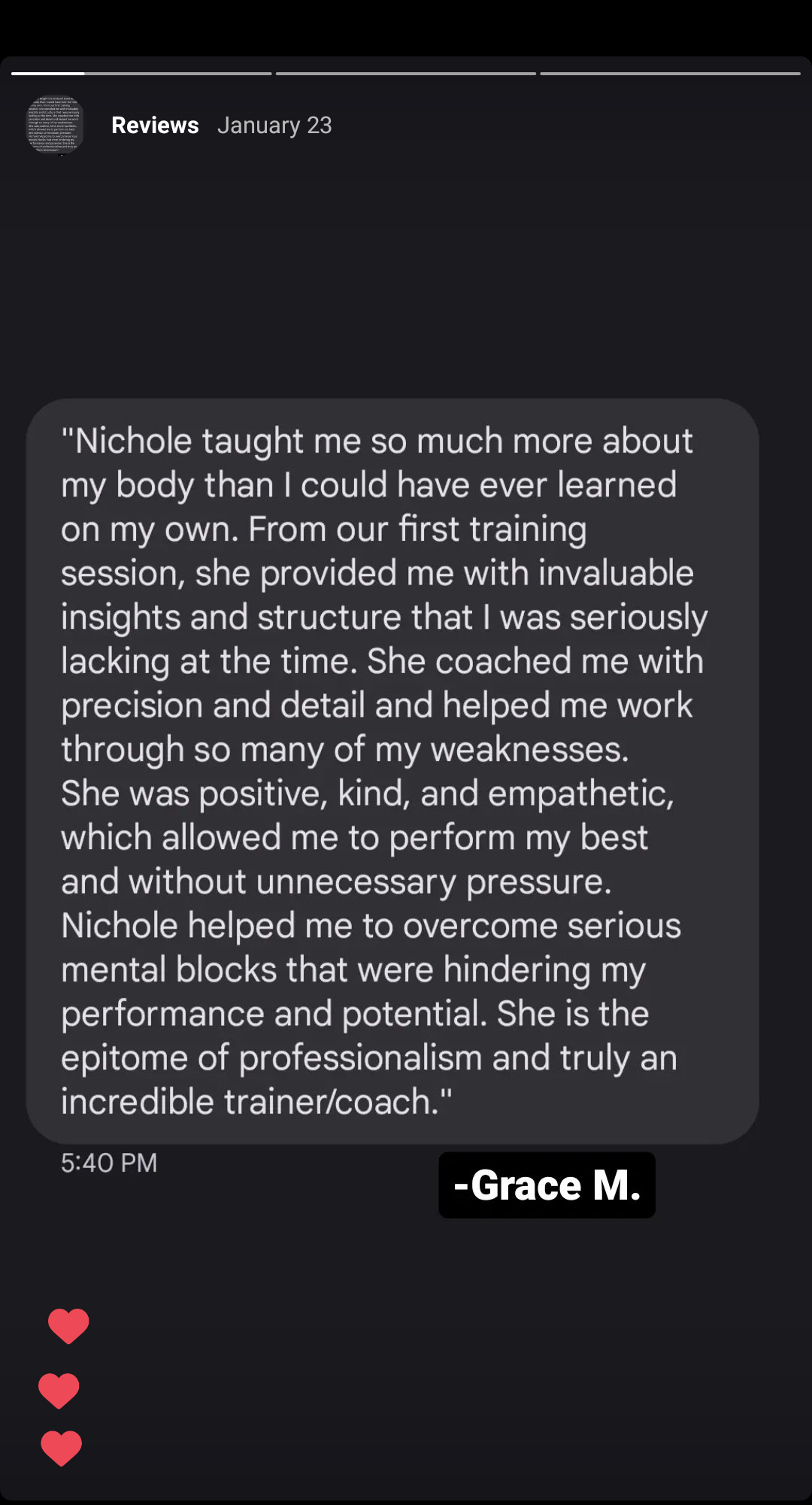
We often hear about learning lessons – but just as important is unlearning lessons. Have you ever had to unlearn a lesson?
The biggest lesson I had to unlearn was that living in a lean body was the only way to be healthy. The truth is that living in a larger body is not necessarily unhealthy and it certainly isn’t a sign of a lack of willpower.
Being in the fitness industry for a decade (and in CrossFit no less), I have constantly been bombarded by images of extremely lean women: six-packs, thigh gaps, no arm or back fat and it seriously skewed my idea of what healthy looked like. I did so many things to try to look like that. Under-eating, working out for hours a day, trying weird diets. I’ve done everything everyone else has. And then I got educated and changed my goals.
The more I learned as a coach and trainer, the more I experienced as an athlete, the more I came to realize how screwed up our society’s version of health is. Then I began feminist thoughtwork practice and I came to understand even more about the psychology of women and body image, of weight loss and my thoughts came into stark contrast with most of the fitness industry. I felt (and still feel) uncomfortable in most fitness conferences where we talk about the science of adaptation, the psychology of motivation, and carelessly throw around terms like “willpower”. There is never any talk about trauma, about the experience of the American woman, about the social messages we deal with, that we carry with us, that shape our relationships with ourselves and with our bodies. And I realized there was a whole niche waiting to be explored and an invaluable service to be rendered.
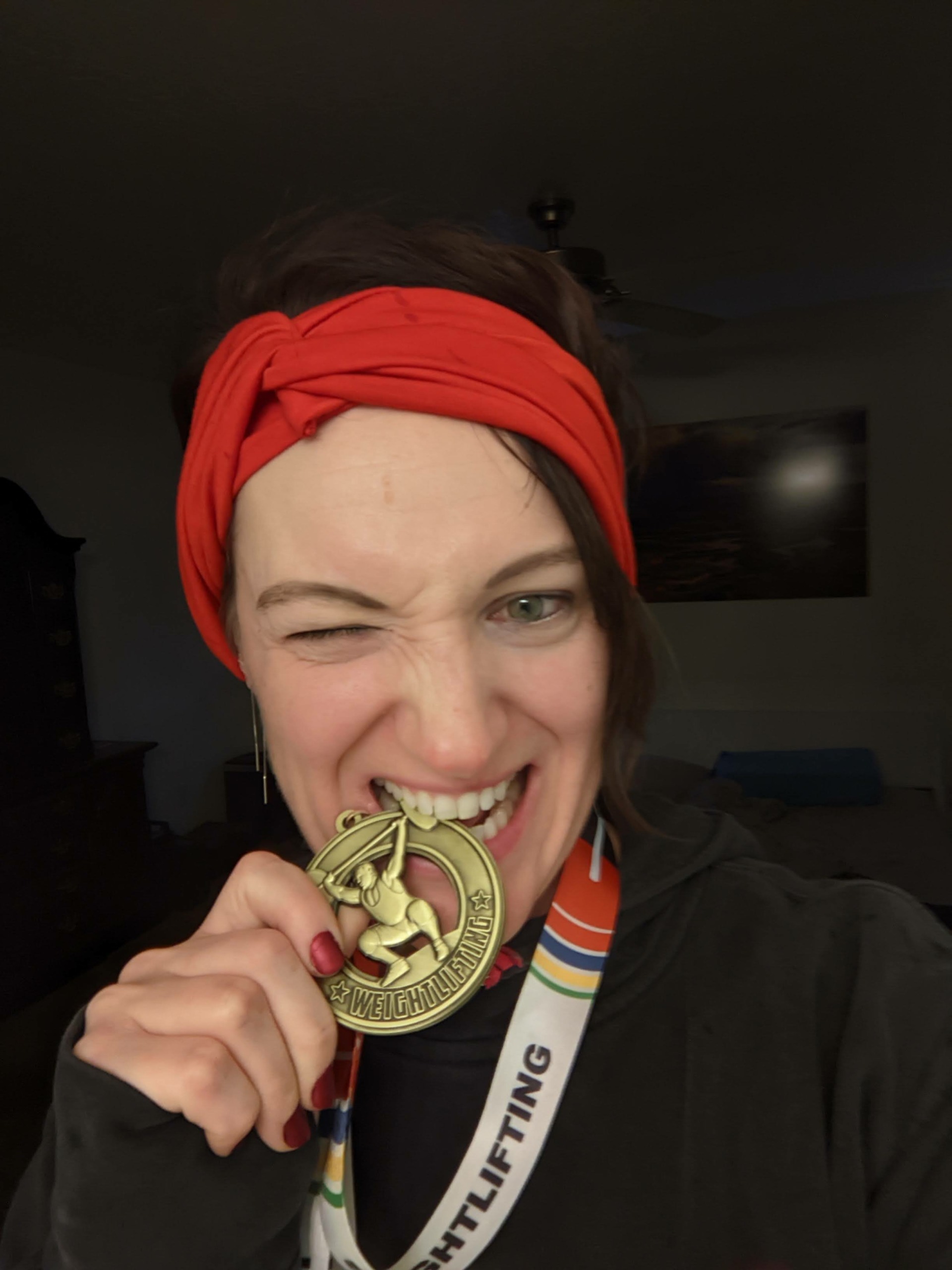
Let’s talk about resilience next – do you have a story you can share with us?
What entrepreneur isn’t resilient? Talk about high highs and low lows. I think for me the hardest part of this is that I began creating my business in earnest right about the time I got divorced. I’ve worked part-time jobs, full-time jobs, been developing this on the side, raising two kids, training as a competitive athlete, and trying to completely start my life over. It’s been a chaotic few years and my ability to work on the project has ebbed and flowed like the tides but I believe in what I’ve created…am creating and I believe in a concept called “Massive Action” that I learned from Kara Loewenthiel. Massive Action, she states, is not giving up until you’ve reached your goal. Hard stop.
Contact Info:
- Website: https://hygeiafitness.net
- Instagram: hygeiafitness
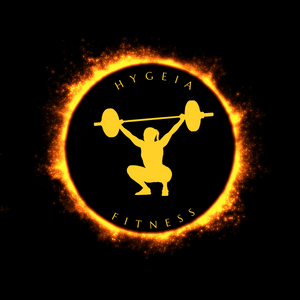
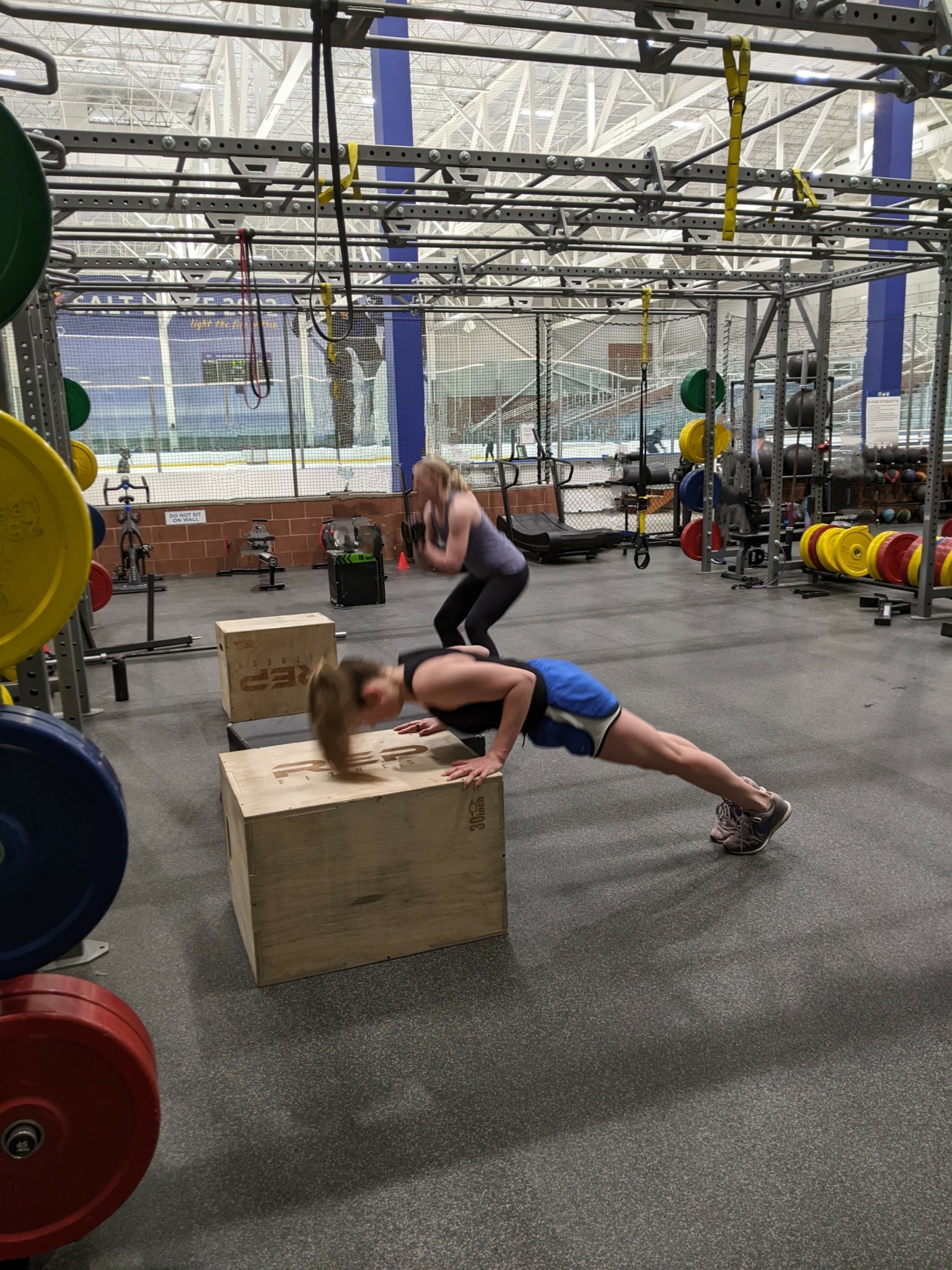
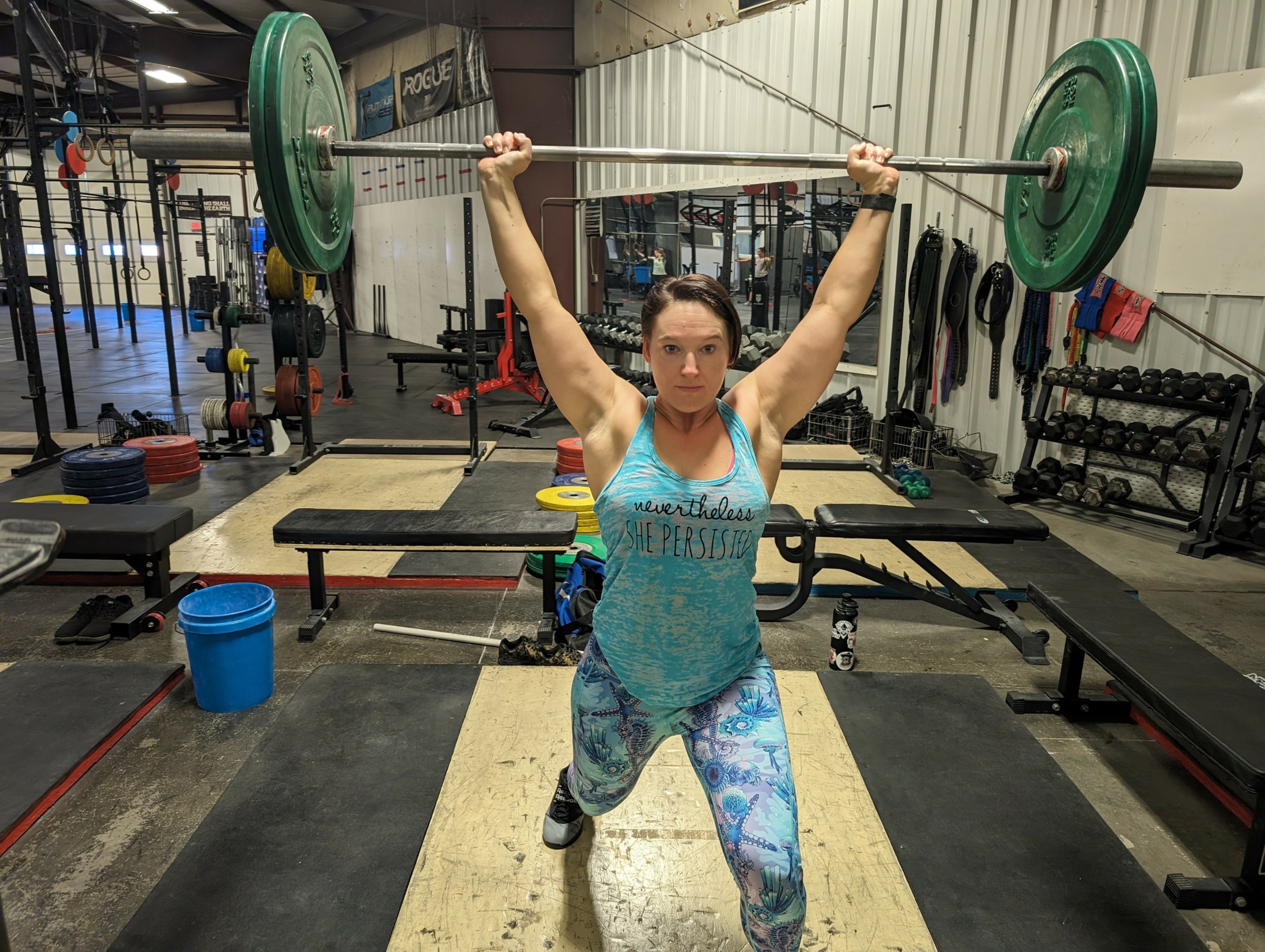
Image Credits
Silk + Salt Photography (black and white photo only)


